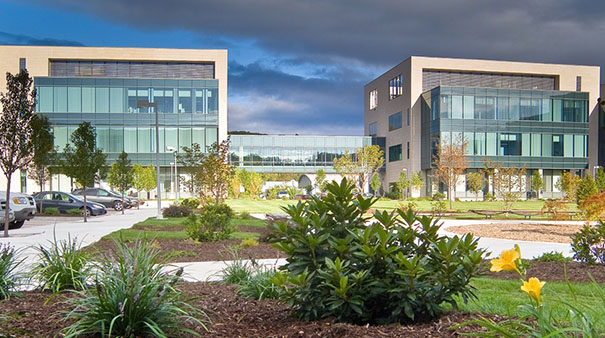Regeneron's antibody cocktail active against coronavirus, cuts symptoms

Regeneron’s antibody cocktail seems to reduce levels of coronavirus and improve symptoms in patients, according to early test results.
This first data comes from a descriptive analysis from the seamless phase 1/2/3 trial that Regeneron hopes will hurry the medicine dubbed REGN-COV2 to market.
The ongoing double-blind trial measures the effect of adding REGN-COV2 to usual standard of care, compared with usual standard of care.
The descriptive analysis included the first 275 patients enrolled in the trial and was designed to evaluate anti-viral activity with REGN-COV2.
It will be used to identify patients most likely to benefit from the treatment and the next cohort could be used to confirm the results.
REGN-COV2 is a combination of two monoclonal antibodies and was designed to block infectivity of SARS-CoV-2, the virus that causes COVID-19.
The two antibodies that form REGN-COV2 bind non-competitively to the critical receptor binding domain of the virus's spike protein, which diminishes the ability of mutant viruses to escape treatment and protects against spike variants that have arisen in the human population.
As expected, patients in the study formed two populations: those who had already mounted an immune response and those whose immune response was not yet adequate.
These were identified by the presence (seropositive) or absence (seronegative) of antibodies against the virus, and by high viral loads at baseline.
Seropositive patients had much lower levels of virus at baseline, and rapidly achieved viral loads approaching lowest levels quantifiable even without treatment.
In contrast, seronegative patients had substantially higher viral levels at baseline, and cleared virus more slowly in the absence of treatment.
In the untreated placebo patients, seropositive patients had a median time to alleviation of symptoms of seven days, compared to seronegative patients who had a median time to alleviation of symptoms of 13 days.
Results so far show that REGN-COV2 rapidly reduced viral load after a week in seronegative patients, meeting a key virologic goal.
Patients with higher viral levels at baseline had correspondingly greater reductions in viral load after a week with REGN-COV2 treatment.
In these groups patients also had greater benefits in terms of symptom alleviation.
Infusion reactions were seen in 4 patients (2 on placebo and 2 on REGN-COV2). Serious adverse events occurred in 2 placebo patients, 1 low dose patient and no high dose patients. There were no deaths in the trial.
REGN-COV2's development and manufacturing has been funded in part with funds from the Biomedical Advanced Research and Development Authority (BARDA), an agency of the US federal government.












